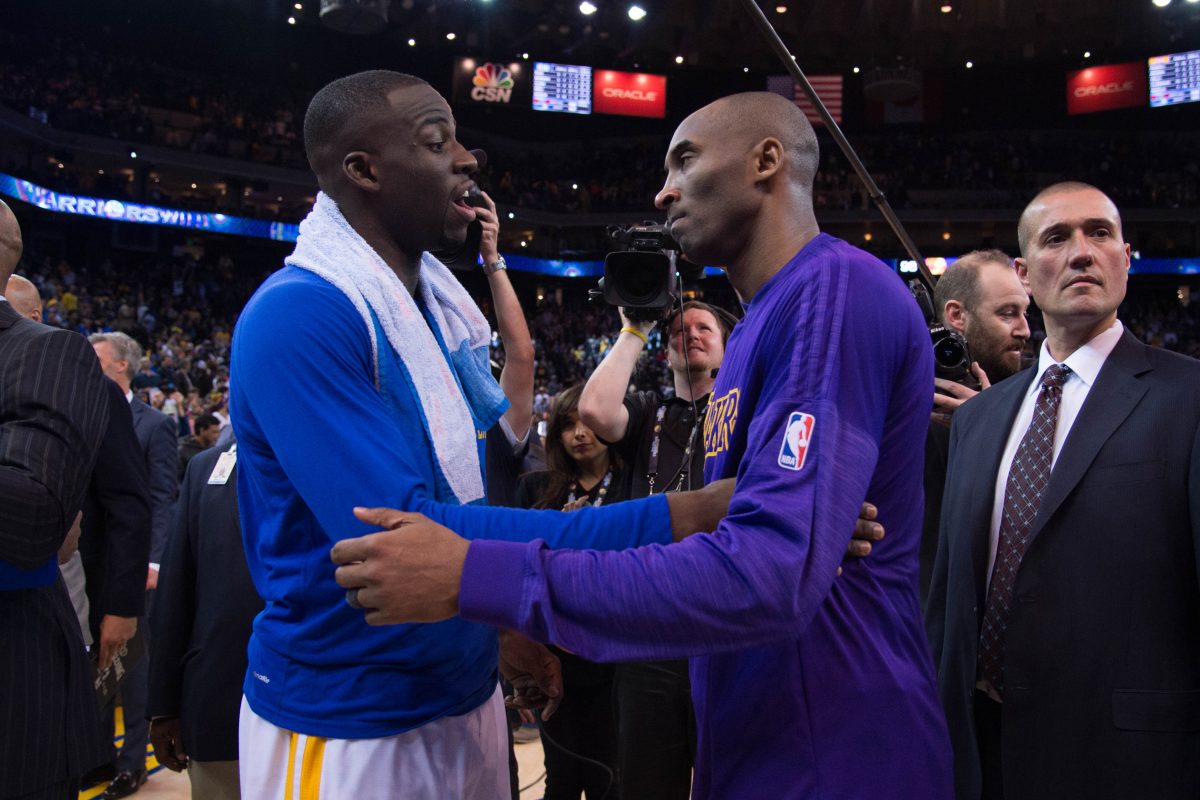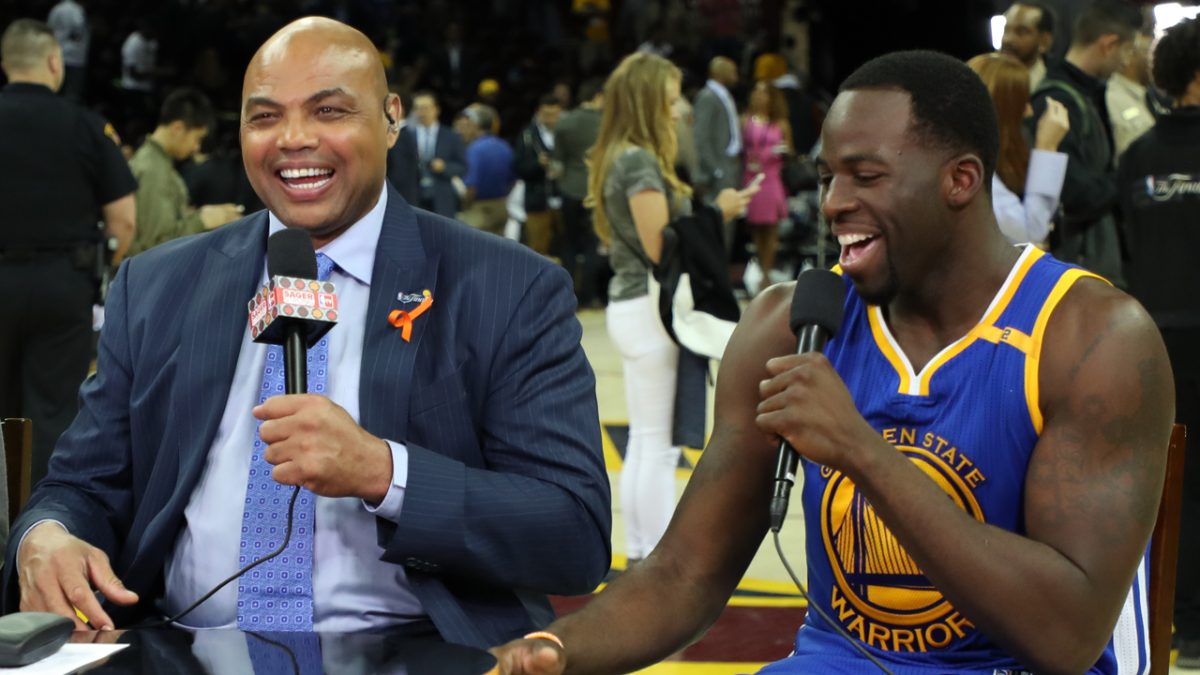
SAN FRANCISCO – Very few athletes have objectively addressed the ongoing Israel-Palestine bloodshed, but Draymond Green on Sunday wasted no time and showed no fear in speaking up.
Why?
“It’s important because so many people are sitting quiet on it,” Green said. “A lot of people sit quiet because they don’t want to get into the politics of things. A lot of people sit quiet because they don’t want to get themselves in trouble – whatever ‘trouble’ means.
Stay in the game with the latest updates on your beloved Bay Area and California sports teams! Sign up here for our All Access Daily newsletter.
“And believe or not, a lot of people sit quiet because there’s not much compassion left in this country. I’m a Black man. I know how it feels to get f--ked over. So, I sympathize with them.”
Green’s playing status for the Warriors-Suns clash on opening night is in question, but he was passionate about the most palpable global crisis of the moment. He also seemed genuine in his concern for the thousands of lives already lost and the deaths still to come in and around Gaza.
“I just send my heart out to everybody involved -- to Palestinians and Israelis,” he said. “You’ve got people dying daily. So, I send my heart out to them.”
The impartiality in Green’s words imply that he has evolved -- and, perhaps, become more informed -- since 2018, when he posed, smiling, for a photo while holding a rifle during a trip to Israel arranged through Israeli Defense Forces.
Golden State Warriors
Many tuned into the conflict raging even then found the photo offensive and considered Green’s visit with then-president of Israel, Reuven Rivlin, a form of pro-Israel propaganda.
On this day, during this time of ceaseless tragedy, it was clear there was a personal element in Green’s decision to speak up. One his closest friends, he said, is Jewish and “terrified” as bodies keep piling up.
“I know how that feels,” Green said. “I grew up in Saginaw, Michigan. You don’t really know if you’re going to (come) home when you leave that day. Yeah, the hope is to get back home. But so many things take a turn throughout the course of the day in the neighborhoods we grew up in.
“So, I know that feeling. That fear. I feel that. I am a part of a race and culture that’s marginalized, too. That’s why felt the need to say something.”
Green clearly was moved to discuss the topic, as he introduced it before taking any other questions.


